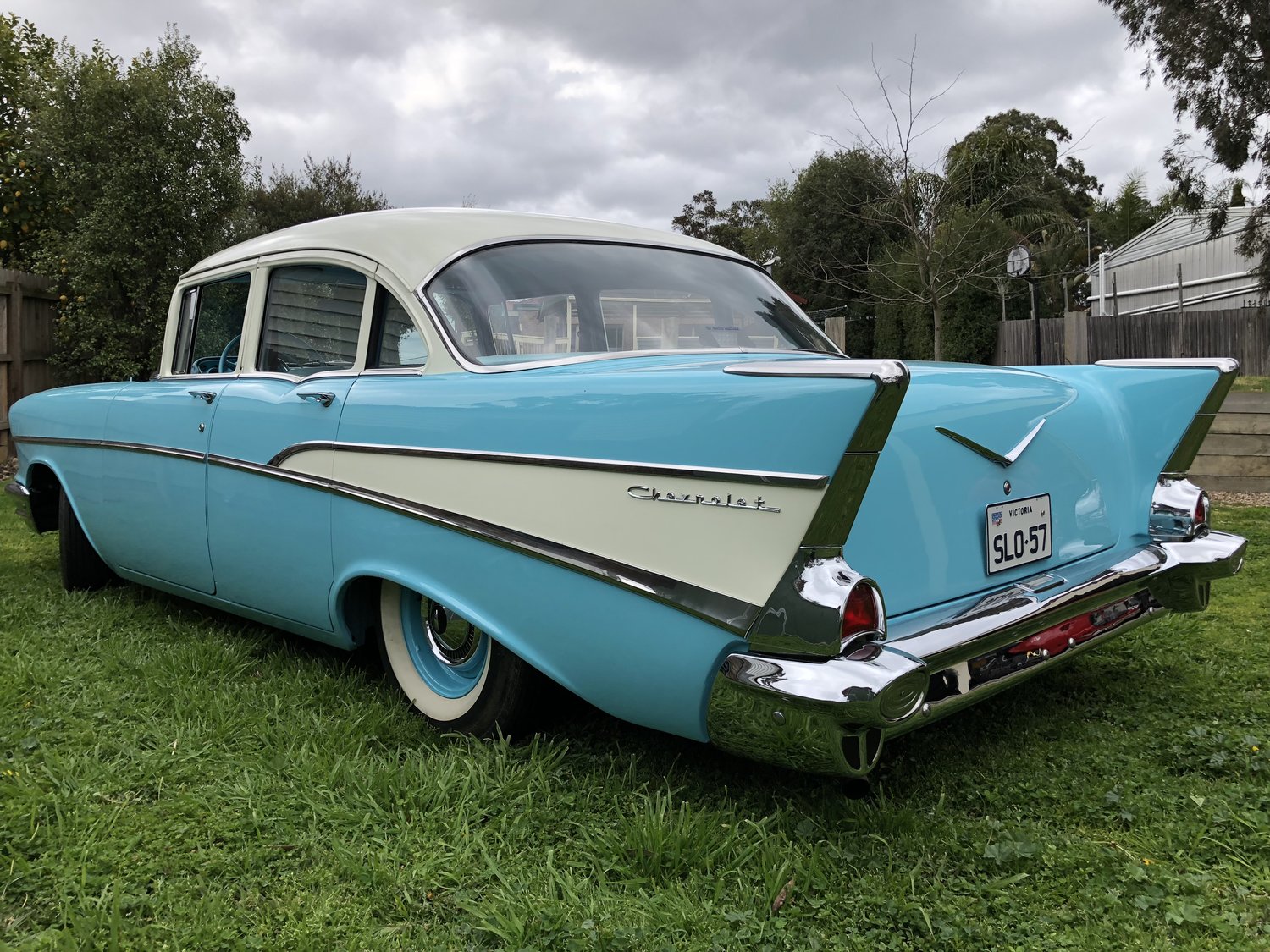Chevy II Nova (1962-1979)
In the late-fifties, while the largest cars were being made, GM was also looking to down-size to capture a younger buyer. These cars would not only be smaller, they’d also be cheaper and more economical. By the early sixties the competition was already bringing new designs to the table with the market segmenting into three “sizes”.
Full-size cars like Chevrolet Impala to many Americans were normal sized cars but elsewhere in the world these things were enormous.
Mid-sized cars like Chevrolet Chevelle and Malibu had many of the same options and engines of the larger cars but in a smaller shell.
Compact cars like the Chevy II Nova were not small (like Japanese imports of the time) and were intended for younger buyers looking for something a bit sporty. These cars would eventually inherit the large engines of their siblings and so became become legends on the drag-strip and at the stop lights.
Gen1 1962-1965
Released as a compact model to compete with the Ford Falcon, the Chevy II was only available with a four or six cylinder engine initially. It was available as a two-door sport coupe, two-door convertible, four-door sedan and four-door wagon. Engines options were the (now) rarely seen 2.5L 4-cylinder, both 3.18 and 3.8L 6-cylinder engines and in 1964 283 cu.in. V8 and in 1965 a 327 cu.in small-block V8s.
1962-1965 Chevy II Nova Sport Coupe
GEn2 1966-1967
Updated with a larger and more modern body in 1966, these models competed against Chevrolets own mid-sized cars like the Chevelle. While still a fairly large car by modern standards, this model was quickly replaced possibly due to competition internally and also to adjust the model range to pitch these smaller cars at a sportier audience, rather than the golf crowd pictured in this promotional photo.
1966-1967 Chevy II Nova Sport Coupe
GEN 3 1968-1974
Updated with bigger and better engines in a smaller and lighter body, Chevy II competed with other sportier models in the GM range as well as competition from Ford.
1968-1974 Chevy II Nova Sport Coupe
GEN 4 1975-1979
With the recent oil shock and a down-sizing of cars across the range the Nova found it hard to compete with the equivalent lighter and cheaper imports.
1975-1979 Chevy II Nova Sport Coupe




